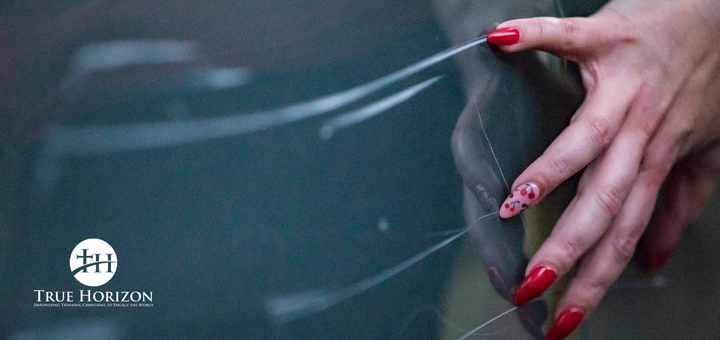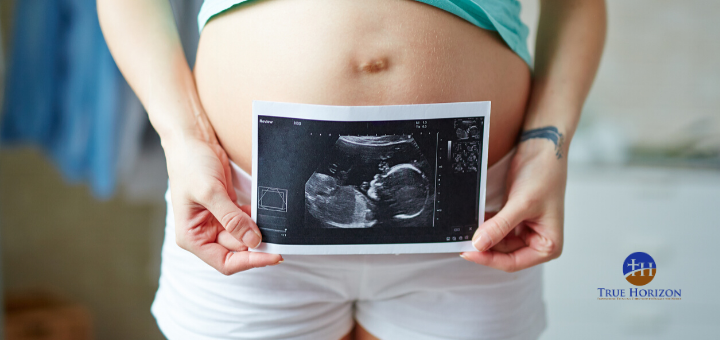Is There A Human In The House?!
 Season 3, Episode 17 of the popular TV show, “House” ignited quite a discussion among those with wildly differing views on the subject of abortion. As is usually the case, the conversation gets heated, tempers flare, and not much useful comes of it all. I have no desire to enter that debate today. But I would like to register my support for the willingness of the show to tread where most in Hollywood never dare. This episode of House gave a rare positive outlook to the view that abortion is not just about a woman’s right to choose. It is about the status of the unborn and whether or not we recognize it for what it is, not just for what it can do or how it affects the mother’s life.
Season 3, Episode 17 of the popular TV show, “House” ignited quite a discussion among those with wildly differing views on the subject of abortion. As is usually the case, the conversation gets heated, tempers flare, and not much useful comes of it all. I have no desire to enter that debate today. But I would like to register my support for the willingness of the show to tread where most in Hollywood never dare. This episode of House gave a rare positive outlook to the view that abortion is not just about a woman’s right to choose. It is about the status of the unborn and whether or not we recognize it for what it is, not just for what it can do or how it affects the mother’s life.
Let me reiterate that a reasoned pro-life position acknowledges and supports a “woman’s right to choose.” As my friend Scott Klusendorf says, I think a woman should be able to choose her husband, her job, her religion … anything she wants … unless that choice involves an immoral outcome such as one that ends with taking the life of another innocent person. The abortion question is not about a woman’s ability to choose, or about her privacy. It is about whether the unborn child in her womb is a human being. If it is not, abortion requires no justification. If it is, there is no possible way to condone it.
That said, this episode of “House” included the usual debate about how to prioritize whose life to save in the event the mother’s life is in danger. In this particular episode, the dilemma that arose was how to save a dying, pregnant mother whose baby was labeled “not viable.” Of course, the mother had been impregnated by the donated sperm of a homosexual co-worker. Though this fact played absolutely no part in the plot, it was jammed into the story for reasons only Hollywood could explain. But I digress…
There were several medical and moral issues involved in the story, especially after it was discovered that the baby was the source of the mother’s rapidly deteriorating condition. Once that fact came to light, House’s response was immediate and unrelenting: “Terminate the pregnancy to save the mother.”
As the show progressed, several questionable decisions were made that unduly put the life of the mother at risk. These decisions were made for two reasons: 1) the mother’s refusal to accept any treatment that might threaten her child, and 2) the fact that House’s boss (another doctor) felt an emotional connection to the patient as both were older, unmarried, and desperately wanted to be a mothers. I want to be clear that I in no way condone these as justification for the decisions that were made. Where two lives are endangered, a morally justifiable solution to such a dilemma must center on saving every life that can be saved and not needlessly endanger either one.
Also, I don’t want to overextend my “affection” for House’s character. Let me be clear again. House is one of the most sardonic, abrasive characters on TV (as far as I can tell). I really can’t stand the guy. He is an unethical, unprofessional, rude, obnoxious, self-proclaimed drug addict. The show’s writers go out of their way to make him so. He is also very much pro-abortion (as has been demonstrated in previous episodes) and this show did nothing to change any of that.
In his capacity as the head doctor on the case, House was doggedly insistent that the baby could only be referred to as a “fetus” for all the reasons many pro-lifers object to the insidious misuse of that term. Not only that, he took it further, later labeling the baby a “tumor” and a “parasite.” To House, the very notion that the baby was anything more than a murdering invader to its mother was ridiculous and, in fact, constituted a morally reprehensible belief that would end with both a dead “fetus” and a dead mom.
But these facts overlook what I thought was the central point of the show, and one that we pro-lifers should applaud. During in-utero surgery meant to repair a defect in the baby and in turn save both the baby and the mother, House did his best, both verbally and physically, to end the dilemma — at one point actually trying to cut the umbilical cord. During the procedure there was a poignant scene wherein the baby’s tiny hand reached out of the open womb and grabbed House’s finger. The loudmouth House was caught off-guard, obviously moved, and, for the first time I’ve ever seen — speechless.
Yes, the “video” of the baby’s extended hand was quite obviously hoaky and stretched the truth. Anesthetized babies cannot reach out and touch someone in the way it was portrayed in the show. Yes, it was an emotional appeal. But so is all of television. That fact comes with living in a video culture. I understand all that.
But for me it was a remarkable scene, not just for House’s character, but for the abortion debate in general. That House would show any such emotion is remarkable in itself. What was even more remarkable was that, after the event, he began to refer to the child as a “baby,” much to his co-workers’ amazement. At the end of the episode, the recovering mother thanked him for his professionalism. His reply: “Don’t thank me, I would have killed your kid.”
So, while the video may have been unrealistic, the message that came across from the event was House’s realization that the entity formerly known only as a “fetus” (in the deliberately wrong way), a “tumor” and a “parasite,” was actually a human being.
As one whose pro-life argument rests on this very fact, you will hear no complaints from me about that.



